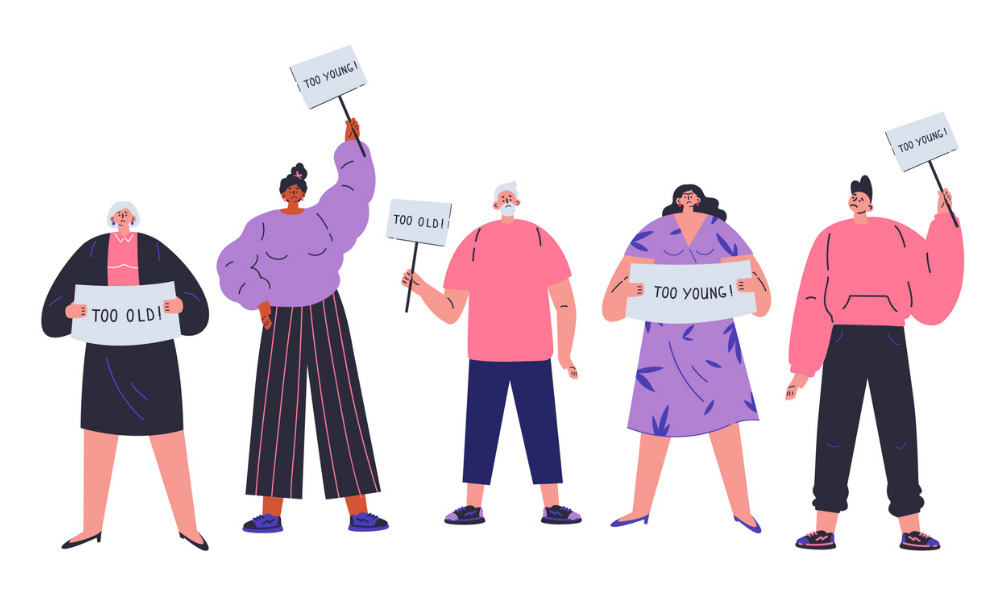
Publication outlines protections provided in Human Rights Act

New Brunswick is reminding employers to avoid age discrimination in employment by launching a new publication.
The 65-page document outlines the protections provided in the Human Rights Act against age-based discrimination.
“Age-discrimination protections granted in the act apply to persons of all ages, so children and young adults are also protected,” says Claire Roussel-Sullivan, chair of the New Brunswick Human Rights Commission. “In this context, the publication of the guideline is timely, as it coincides with the Canadian government’s implementation of the United Nations (UN) Human Rights Committee’s recommendations related to the UN’s Convention on the Rights of the Child.”
Widespread ageist views may be responsible for persistent negative beliefs and attitudes about older workers and their role in the workforce, according to a previous report from Employment and Social Development Canada.
In Guideline on Age Discrimination, the provincial government noted that age as a category of discrimination is complex. This is because while a person’s age is never fixed, everyone will go through the process of aging, presuming that they don’t die early.
Because of the complexity of age as a category, discrimination based on age has been relatively difficult to define, quantify, and address, according to the New Brunswick document. However, the following aspects about age as a ground of discrimination may be noted at the outset:
Ageism and a lack of good job prospects stand in the way of future success, according to a previous LinkedIn study of global confidence.
However, there are some practices that employers can turn to to avoid age discrimination, according to the new document. These include:
“With New Brunswick’s evolving multicultural and multi-ethnic demographic, emergence of new rights-holders, an aging population, and renewed awareness of systemic discrimination, employers and housing and service providers must embrace core human rights values and principles to usher systemic social change in the province,” says Roussel-Sullivan. “By eliminating age-discriminatory practices and attitudes, we will move closer to the vision of a rights-friendly, equal and inclusive society.”
Recently, the Quebec Court of Appeal approved a class-action lawsuit claiming that Facebook discriminated against users of the social media platform by allowing advertisers to target job ads based on factors that include age, along with gender and race, according to a CBC report.
The class action could include thousands of Quebec residents who have used Facebook since 2016 and who were looking for jobs or housing during that period.
The ruling "offers a way forward for claims that might otherwise never be brought,” says Audrey Boctor, a lawyer with the Montreal law firm IMK, who launched the class action application in 2019, in the report.
"Algorithmic discrimination that excludes people such as women and older workers from receiving employment advertisements is just a modern form of the same type of discrimination that is illegal under the Quebec Charter,” says Boctor, who estimates the class action could involve $100 million in damages.